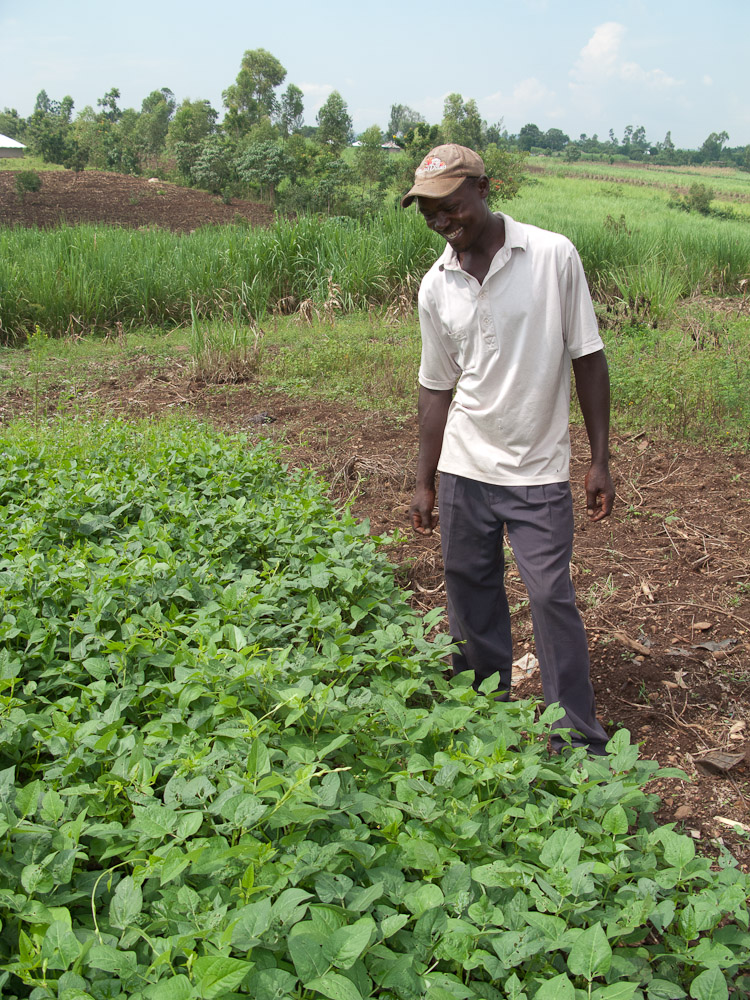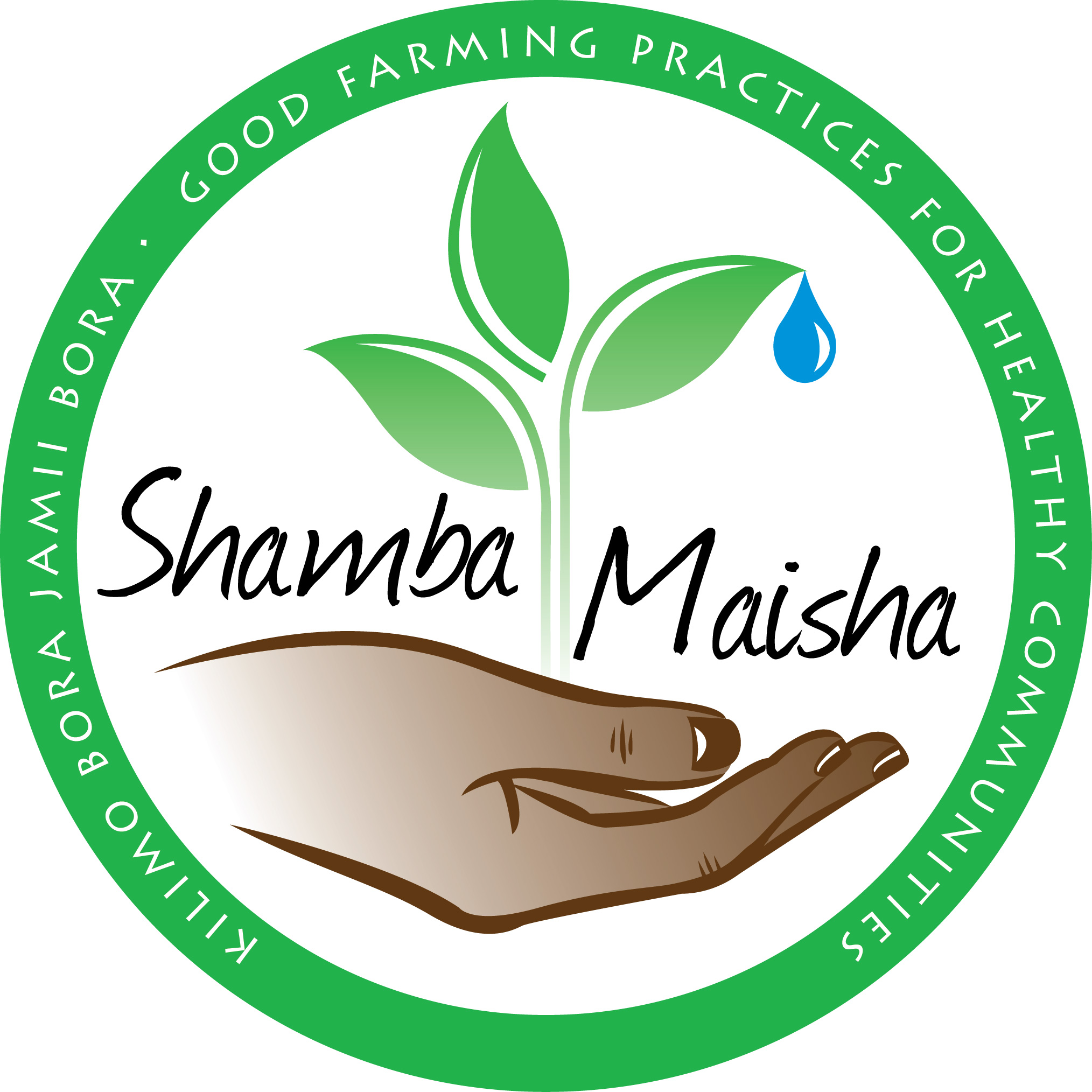HIV/AIDS and food insecurity are two leading causes of morbidity and mortality in sub-Saharan Africa (SSA) and are frequent intertwined through biological, behavioral and socioeconomic pathways.[1] Food insecurity increases risk of HIV acquisition,[2,3] and food-insecure HIV-infected individuals have worse adherence to antiretroviral therapy (ART) and clinic visits,[4] worse mental health,[5] and worse nutritional status,[1] all contributing to poor HIV treatment outcomes and increased morbidity and mortality.[6,7] In addition, persons living with HIV are susceptible to food insecurity and poverty and are least able to rely on social support for assistance when faced with health and agricultural shocks.
Household water insecurity (HHWI), i.e. reliable access to water in sufficient quantity and quality, may be equally or more powerfully predictive of adverse health outcomes as food insecurity has been. During this study, we will validate a HHWI scale and measure it's impact on physical and psychosocial health.
We will assess perceptions of intervention efficacy based on land tenure and ownership, participant’s perceptions of climate change and the impact of climate change on farming, and we will also ask pregnant and post-partum women about the impact of the intervention on their health, antenatal care, family planning, diet, farming, income, and relationships. Shamba Maisha believes that there is a critical need to develop cost-effective structural interventions that address food and water insecurity and poverty to improve the health and lives of families living in communities affected by HIV.
References
- Weiser, S.D., et al., Conceptual framework for understanding the bidirectional links between food insecurity and HIV/AIDS. Am J Clin Nutr, 2011. 94(suppl): p. 1729S–39S.
- Weiser, S.D., et al., Food insufficiency is associated with high-risk sexual behavior among women in Botswana and Swaziland. PLoS Med, 2007. 4(10): p. 1589-97; discussion 1598.
- Tsai, A.C., K.J. Hung, and S.D. Weiser, Is food insecurity associated with HIV risk? Cross-sectional evidence from sexually active women in Brazil. PLoS Med, 2012. 9(4): p. e1001203.
- Young, S., et al., A review of the role of food insecurity in adherence to care and treatment among adult and pediatric populations living with HIV and AIDS. AIDS Behav, 2014. 18 Suppl 5: p. S505-15.
- Tsai, A.C., et al., Food insecurity, depression and the modifying role of social support among people living with HIV/AIDS in rural Uganda. Soc Sci Med, 2012. 74(12): p. 2012-9.
- Weiser, S.D., et al., Longitudinal assessment of associations between food insecurity, antiretroviral adherence and HIV treatment outcomes in rural Uganda. AIDS, 2014. 28(1): p. 115-20.
- Weiser, S.D., et al., The association between food insecurity and mortality among HIV-infected individuals on HAART. J Acquir Immune Defic Syndr, 2009. 52(3): p. 342-9.

